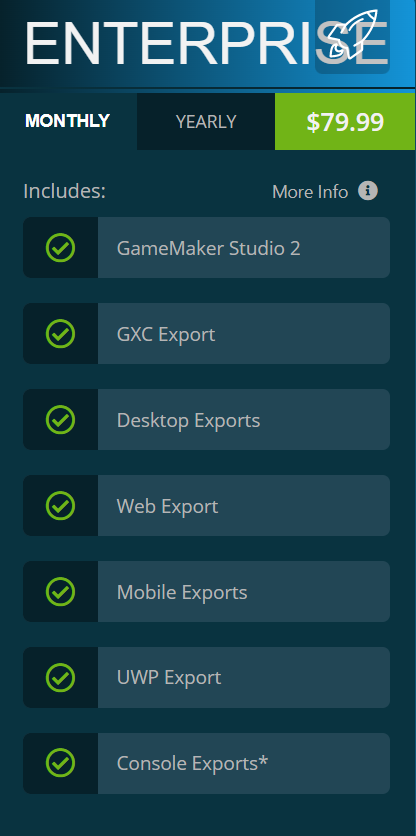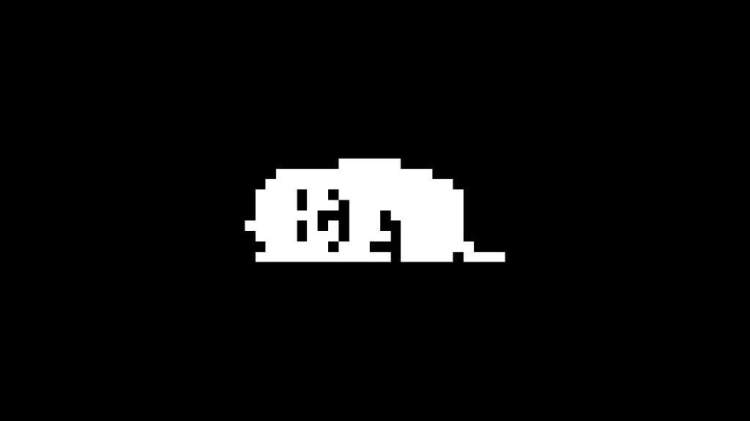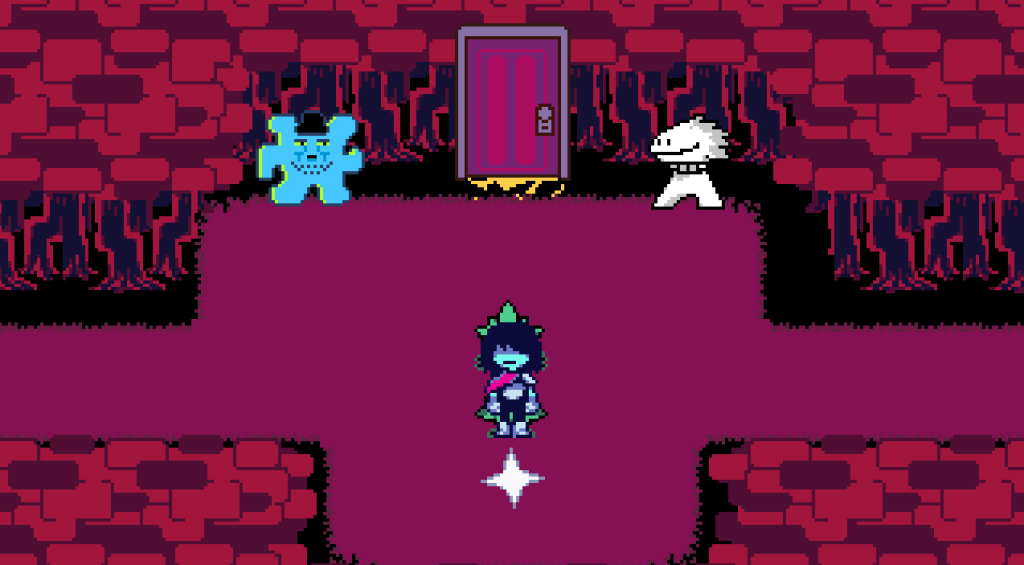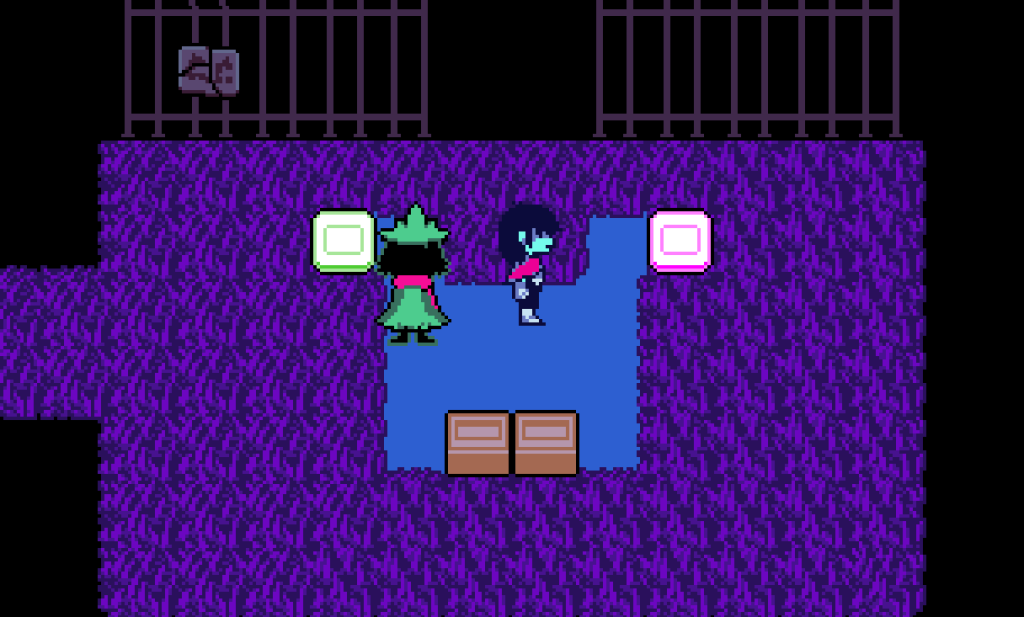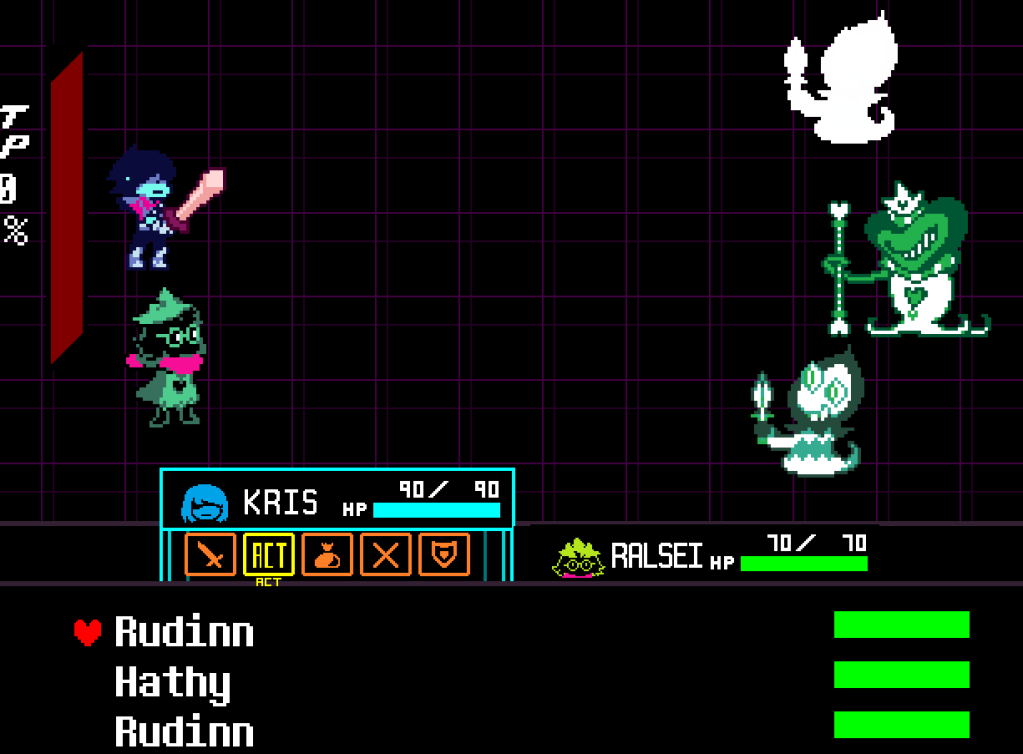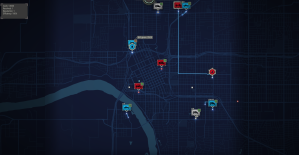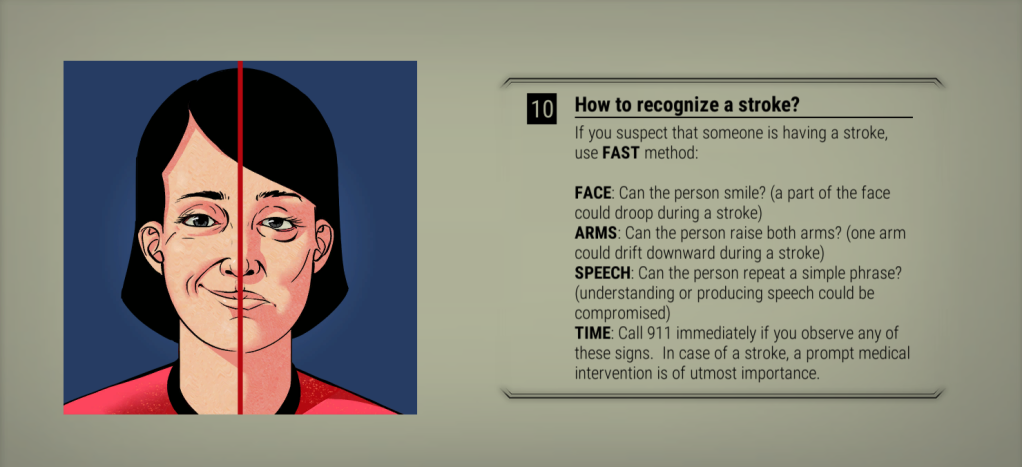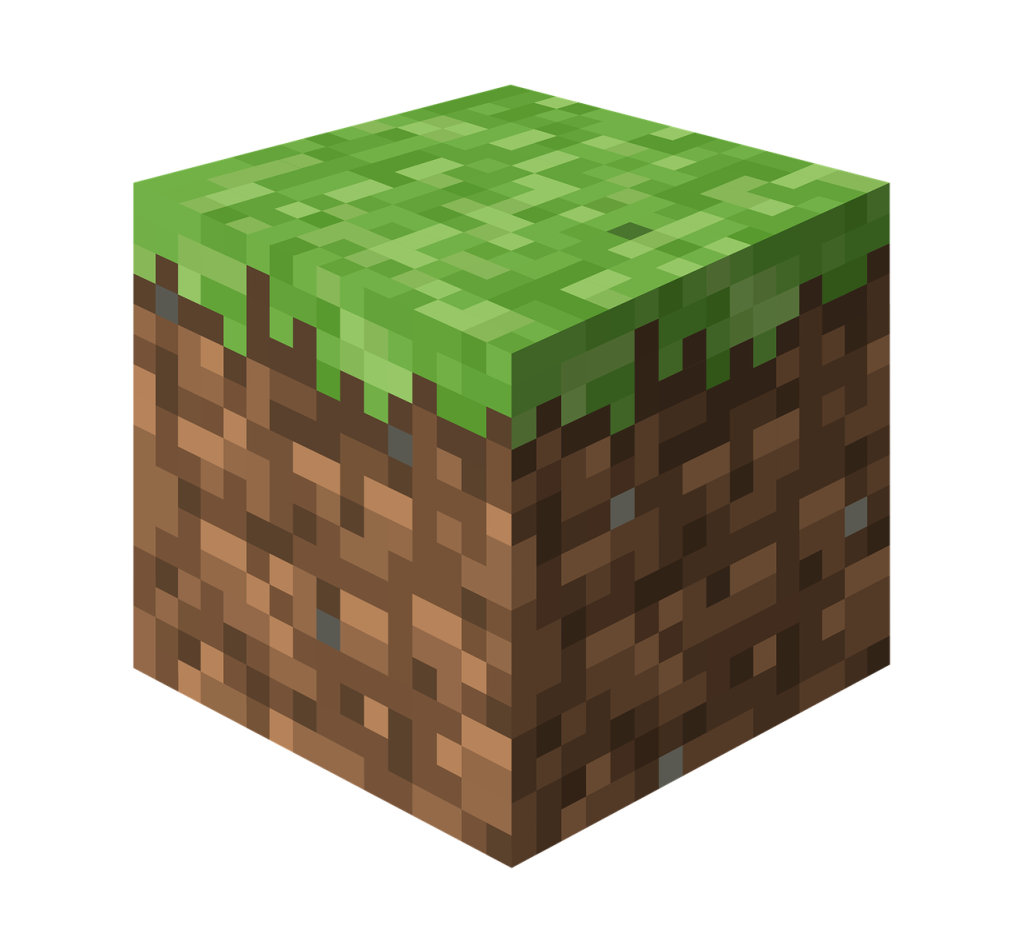He gazed at the ring for fifteen minutes before placing it back down on the hard wooden surface of his bookshelf. From time to time, Henry would sort through his collection of items and reflect on why he had kept them in the first place. To anyone else, all the items here were less than useless, but to Henry they were priceless. This ring, though, always caught his eye.
It was his class ring; engraved were symbols that reminded him of clubs and organizations he had participated in, of friends he had made and friends he had lost. It was like a memorial that he could hold in the palm of his hand. The gemstone was a brilliant topaz that shined brightly when any light was cast upon it. The gemstone alone reminded him of his childhood. It was his birthstone and meant a great deal to Henry. For Henry, the ring was a time machine.
When he first picked it up, he was instantly transported back to his last day of Highschool. He sat in his classroom, talking and laughing with friends, many of whom he had not seen since that very day. They discussed their plans after the bell released them at the end of the day. Then his mind traveled further, to his first relationships and the days of riding a school bus, where he used to play games with a friend. And even further back to his days in elementary school. He remembered his teachers, and how carefree he was in those days, he remembered some of his very first friends, some of the very oldest who he would grow up with, who he also had not seen in years now Then the ring transported him even further, before his first days of elementary school, before preschool even. It took him back to when his father was alive.
Henry didn’t have many memories of his father. Decades had passed since his father’s passing. Yet, the ring brought Henry back to the exact day and time of those memories, as if he were reliving them. He recalled his father carrying him around and teaching him about the early days of computers. He remembered his mother taking him to visit his father at work one day, he remembered the smell of oil as he stepped into the garage his father worked at, the dim lighting of the building and the rows of car parts that filled the shelves of the store. He remembered the candy machine that sat on the front desk as he passed it on his way to the back room to see his father, how he was more concerned about wanting candy than seeing one of his parents. Then the ring propelled him forward again, to a memory of driving to school with his father. They had stopped to help people stuck on the side of the road. His father had been a paramedic, and from what Henry could remember he was always willing to help people, it had been the driving force behind Henry his entire life, the reason Henry had gone into the public service field himself., and then the ring sent Henry to his next stop on the road of memories, it sent him to see his father lying in bed at home, very sick.
Henry knew what came next on memory lane, he had traveled it many times before and he wasn’t willing to travel it anymore. So, Henry sat the ring down on the wooden shelf, maybe one day later he would be willing to finish that journey again, but not today.





